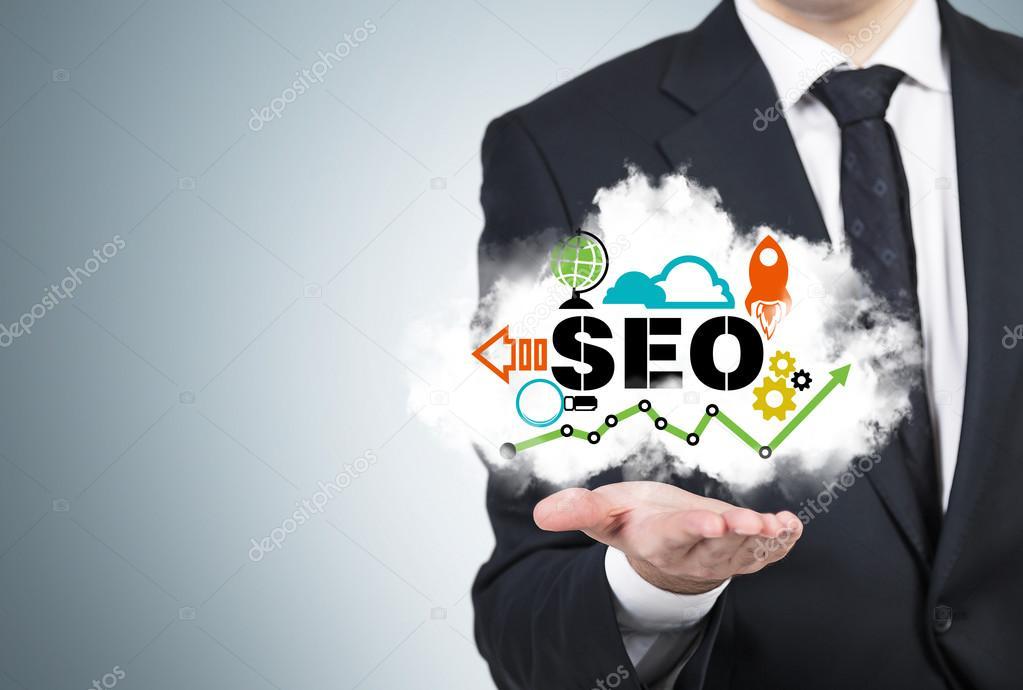In today’s digital landscape, your website is your storefront, and your search engine ranking is your street address. If your website isn’t showing up in top search results, you're losing visibility—and potential customers. That’s where SEO services come in, especially on-page SEO, which focuses on optimizing elements within your website to improve rankings.
Whether you're a small business owner, eCommerce brand, or blogger, understanding on-page SEO is essential for growth in 2025 and beyond.
What Are SEO Services?
Search Engine Optimization (SEO) services are strategies used to improve your website’s visibility in search engine results (like Google or Bing). The goal is to drive organic (unpaid) traffic to your site by making it more attractive to both users and search engines.
Core Types of SEO Services:
Technical SEO – Improves website structure, speed, and indexing
On-Page SEO – Optimizes content and HTML source code on your website
Off-Page SEO – Builds backlinks and online authority through external sources
Local SEO – Optimizes for geographic-based searches (Google Maps, local listings)
What Is On-Page SEO?
On-Page SEO (also called on-site SEO) is the process of optimizing individual web pages to rank higher in search engines and attract more relevant traffic.
Key On-Page SEO Elements:
Title Tags – Unique, keyword-rich titles for each page
Meta Descriptions – Clear summaries of content that appear in search results
Header Tags (H1, H2, H3...) – Organize content structure for readability
Keyword Optimization – Using targeted search terms naturally throughout the page
URL Structure – Clean, readable, and SEO-friendly URLs
Image Optimization – Descriptive alt tags and compressed image sizes
Internal Linking – Linking to other relevant pages on your site to guide users and search engines
Mobile Responsiveness – Ensures your website works well on all devices
Content Quality – Valuable, original, and well-written content that answers user intent
Why On-Page SEO Is Important
Ensures your website is user- and search engine-friendly
Helps search engines understand your content clearly
Increases organic traffic and click-through rates
Boosts engagement, time on site, and conversion rates
Enhances overall user experience (UX)
Without proper on-page SEO, even the best content can go undiscovered.
Summary
SEO services help you appear in search engines, but on-page SEO is the foundation—it tells Google what your page is about and why it matters. From title tags and keywords to content structure and internal links, optimizing on-page elements ensures that your website is both technically sound and valuable to users.
In 2025, search engines are smarter than ever—so your on-page SEO needs to be smarter, too.
Frequently Asked Questions (FAQs)
What’s the difference between on-page and off-page SEO?
On-page SEO involves optimizing elements within your website, such as content, titles, and internal links. Off-page SEO focuses on external signals like backlinks and brand mentions.
How do I know if my website needs on-page SEO?
If your site has low traffic, slow loading speed, poor rankings, or outdated content, it likely needs on-page SEO improvements.
How long does on-page SEO take to show results?
Improvements can start showing in as little as 2–6 weeks, but full results often take 3–6 months, depending on competition and keyword difficulty.
Can I do on-page SEO myself?
Yes, with tools like Yoast SEO, SEMrush, or Google Search Console, you can manage some optimizations yourself. However, for best results, professional guidance is often helpful.

